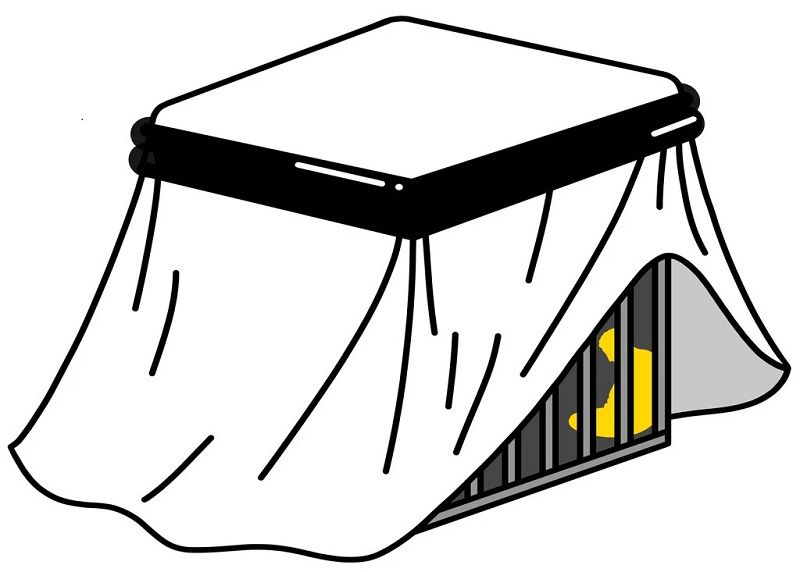
Qataris who seek greater freedom of expression and more democracy in their oil-rich nation face disappointment, and perhaps worse. In what may presage a wider crackdown on dissent in Qatar, Sheikh Fahad bin Abdullah al-Thani — a cousin of the ruling emir, Sheikh Tamim bin Hamad al-Thani — was last month sentenced to seven years in prison.
Sheikh Fahad was accused of shooting three officers as he stormed a police station in a bid to free his two sons, but the Qatari government’s version of events conflicts with other witnesses’. According to family members and others to whom I’ve spoken, it was state security forces that did the storming, using armored vehicles against the sheikh’s palace in Doha, the capital, last January. The sheikh and his sons, they say, were severely beaten during the confrontation.
Sheikh Fahad had a longtime dispute with the government over its seizure of some of his inherited land, according to his family. But opposition activists also believe that the arrest was in retaliation for the sheikh’s political activities. According to the lawyer and human rights advocate Najeeb al-Nauimi, who is in contact with the sheikh’s family, he is in prison in Doha.
“His two sons have been released, but his arrest was arbitrary”, said Mr. Nauimi.
A former justice minister who has become an outspoken critic of the government, Mr. Nauimi represents dozens of Qataris who have suffered under the absolute monarchy’s silencing of opposition voices. One of his clients is the poet Muhammad al-Ajami, who is serving a 15-year sentence, after a secret trial in 2012, for “criticizing the emir” in a poem that praised the Arab Spring. After the verdict, Mr. Nauimi said, “Our judicial system cannot be trusted”.
Qatar has the world’s third-largest natural gas reserves and the highest per capita income, yet its muffled opposition is one of the weakest among Persian Gulf countries. Pro-democracy activists want an end to bans on political parties and labor unions. In 2011, a petition submitted to the emir at the time, Hamad bin Khalifa al-Thani, highlighted opposition demands. Signed by 19 Qataris, including Sheikh Fahad, it called for a raft of social, economic and democratic reforms.
One clause in the petition objects to the law that allows foreign residents, who make up the majority of the population, to own land. Qatari citizens represent only 12 percent of the country’s 2.2 million people now; that proportion, the petition claims, could be as low as 1 percent in 10 years. Qataris believe that allowing foreign land ownership has resulted in skyrocketing real estate prices and the growing economic marginalization of native citizens. Another clause takes the emir to task for spending millions of dollars on overseas projects while ignoring the well-being of his own citizens. Qatar has devoted hundreds of millions, for example, to pay the salaries of Hamas civil servants in Gaza.
It is no secret that Qatar has financially and politically supported the Muslim Brotherhood, which has been designated as a terrorist group by Egypt, Saudi Arabia and the United Arab Emirates. From 2012, Qatar provided about $8 billion to support the Brotherhood government of President Mohamed Morsi, before the ouster of Mr. Morsi in July 2013.
In December of that year, the Egyptian authorities arrested me and two of my journalist colleagues at the English bureau of Al Jazeera in Cairo. I was eventually pardoned, but only after spending 438 days in prison on baseless charges of conspiring with the Brotherhood. We were victims of a crackdown on the press by the Egyptian government. But we were also victims of Qatar’s policy of using the Arabic arm of Al Jazeera’s network to support the Brotherhood against Egypt’s rulers, which made me and my colleagues pawns in Doha’s geopolitical game. (I am suing Al Jazeera for damages over its conduct.)
The report “Qatar and Terror Finance”, published by the Washington-based Foundation for Defense of Democracies in 2014, exposed the country’s permissive attitude toward Qataris who had enabled this financing. Qatar’s participation in regional military coalitions against terrorism is in glaring contradiction of its support for jihadist groups.
The report “Qatar and Terror Finance”, published by the Washington-based Foundation for Defense of Democracies in 2014, exposed the country’s permissive attitude toward Qataris who had enabled this financing. Qatar’s participation in regional military coalitions against terrorism is in glaring contradiction of its support for jihadist groups.
Instead of Qatar’s spending millions of dollars with a host of public relations companies in the West, there is a simple way for the emirate to polish its international image and dispel concerns about its support of terrorism and poor human rights record: It should release Mr. Ajami, the author of the “Tunisian Jasmine” poem, and Sheikh Fahad from prison.
Mohamed Fahmy, an Egyptian-Canadian journalist who was the Cairo bureau chief for Al Jazeera English, is the author of Baghdad Bound: An Interpreter’s Chronicles of the Iraq War.
